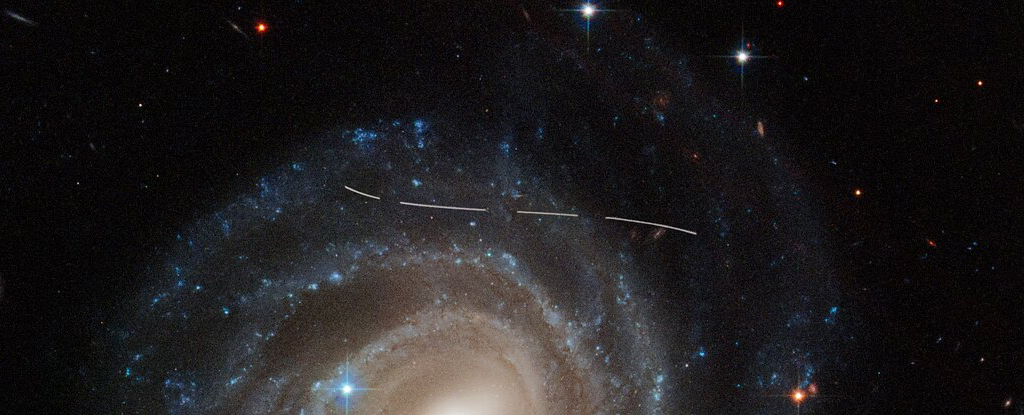Research press release
nature
May 25, 2023
Social science: People, not Google search, choose partisan news

User interaction with partisan or unreliable news occurs because the users themselves like such content, not because such content is presented to them by Internet search engine algorithms. paper suggests thatnatureThe study found that results reflecting users’ partisan beliefs were not displayed prominently in Google searches, and that users themselves were actively searching for these sources.
The search engine’s algorithms have been criticized for a number of issues, including their ability to encourage consumption of like-minded content, including through politically biased search rankings. Such comments raise concerns about online versions of “echo chambers” or “filter bubbles” that limit users’ exposure to dissenting opinions and further amplify user bias.
Here, Ronald E. Robertson and colleagues used data about PC browsing during the US election to determine whether Google search results influence the content choices people make on the Internet. A two-wave study was performed for analysis. There were 262 and 333 study participants in the 2018 election, and 459 and 688 participants in the 2020 election. (Note that the 2018 election was oversampled for “strongly partisan” participants.) Participants were asked to install a software extension intended for Internet browsing. . This extension allows users to: (i) URLs presented to users on Google search results pages; (ii) interact with URLs displayed on search results pages; Three types of data were recorded for interactions with URLs on the Internet other than the URLs shown in the results. The dataset contains more than 328,000 pages of Google search results and about 46 million URLs from other global web browsing. Source bias was scored based on broader patterns of information sharing among political bases and compared to participants’ self-reported political leanings.
In both study periods, participants were exposed to more partisan content through their browsing than participants were exposed to partisan content through Google search results. The results indicate that Google’s search algorithms were not directing users to content that confirmed their pre-existing beliefs. Robertson and colleagues suggest that these “echo chambers” may be shaped by user preferences rather than computational intervention. In addition, when comparing URLs obtained from Google search results and URLs that participants interacted with regardless of Google search results, URLs provided by Google searches were shown to contain less reliable news. been detected. The difference between the two was greatest for right-handed users.
doi: 10.1038/s41586-023-06078-5
“Nature’s Landmarks” is a translated version of a press release from Nature’s Public Affairs Division. If you need more accurate and detailed information, be sure to refer to the original article.
Return to the list of “Highlights of Interest” articles

“Travel maven. Beer expert. Subtly charming alcohol fan. Internet junkie. Avid bacon scholar.”






More Stories
The Rabbit R1 AI device is officially launched, demonstrating the CEO's grand vision WIRED.jp
“Transformers” and 8 Google employees who changed the history of artificial intelligence WIRED.jp
How to release iPhone/iPad from DFU mode and what to do if you can't restore |. AnyFix 2.2.4.1 announced | iMobie press release